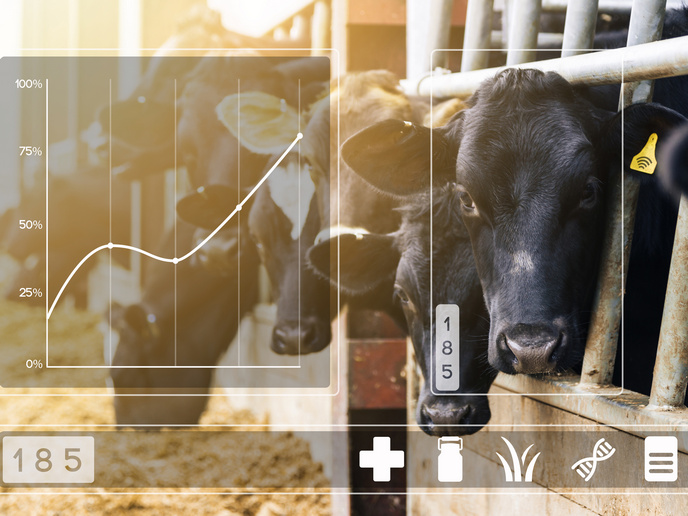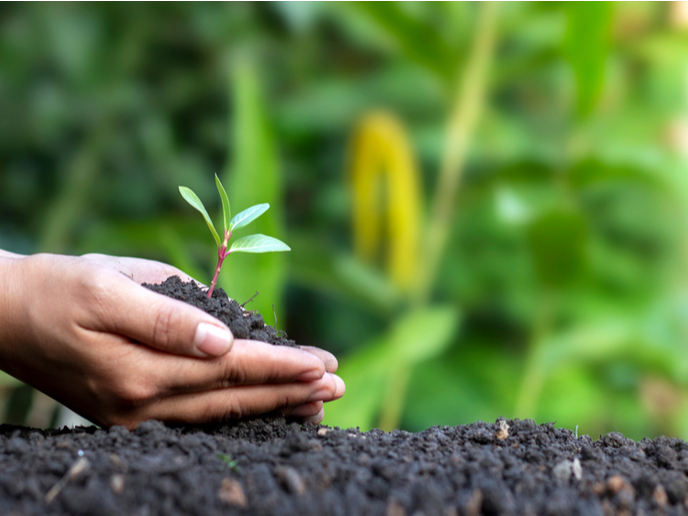Ensuring that Europe’s dairy farms remain fit for the future
The dairy sector is the second largest agricultural sector in the EU, with around 1.5 million dairy farms, 12 % of agricultural output. But the sector is currently facing challenges, including: economic (low profitability and increased prices), environmental (pollution and climate change), and changing societal expectations (from farming communities and citizens). “While dairy farming must be economically viable for farmers, it must also: provide high-quality products, consider animal welfare and the environment, ensure decent working conditions and communicate transparently with consumers,” says Valérie Brocard, coordinator of the EU-funded R4D project. R4D established a network of 16 ‘National Dairy Agricultural Knowledge and Innovation Systems’ (NDAs), bringing together a wide range of stakeholders responsible for 87 % of EU-28 bovine milk. Building on the efforts of the previous EuroDairy Thematic Network, R4D further enriched information about innovations, showcased sustainability and resilience high performers, promoted best practices and developed training programmes. R4D also added four new countries to the network.
Identifying and sharing dairy farming innovation
Every NDA in the network included around 15 stakeholders, each unique in terms of partnerships and function (reflecting national and local specificities) and guided by national farm facilitators. In each country, a network of eight pilot farms (totalling 120) represented both ‘innovative’ farmers and ‘average’ farmers, alongside EIP-AGRI Operational Groups. R4D focused on three key knowledge areas: economic and social resilience; technical efficiency; and environment, animal welfare and society-friendly production system. The network identified the most promising solutions for these priority areas, with workshops and visits (within Belgium, France, Hungary, Ireland, Luxembourg, Slovenia and the Spanish Basque Country) giving members a chance to experience first-hand how these actually worked in situ. “Many solutions are already available at the European level, but need to be shared and promoted beyond the circle of farmers already involved in research and development, and adapted to more diverse contexts,” adds Brocard. Some 300 urgent needs were identified at farm level, followed by 200 potential solutions which were ranked for their resilience, readiness and acceptability. These were translated to 100 best practices promoted through leaflets, webinars and visits. “Overall, the environment – including farm footprint, climate change mitigation and input efficiency – generated the most discussion, ahead of financing and labour issues; likely due to societal pressure and the dependence of individual farms on local weather conditions and biotic resources,” explains Brocard.
Towards ‘One Health, One Welfare’ dairy farming
R4D contributes to the EU’s sustainable agriculture ambitions. Putting in place the network’s best practices, for issues such as soil and water management, manure valorisation and managing fixed costs, will increase the feeding self-sufficiency of the farms. Implementation will also decrease production costs and reduce potential nutrients losses. The networks proposals also offer greater transparency about how dairy products are produced, which will benefit consumers. And improved working conditions and quality of life will encourage young farmers to remain in the sector. “There was a difference between the priorities of farmers, who placed more emphasis on work-life balance and financial returns, and researchers who prioritised animal welfare and the environment. This highlights the need for an integrated ‘One Health, One Welfare’ approach,” concludes Brocard. A lasting legacy of R4D is its knowledge library, which collates information about the 120 pilot farms, the 16 NDAs and the project outputs, including: 100 solutions factsheets (translated into 11 languages), over 50 best practice videos and 50 webinars.
Keywords
R4D, dairy, milk, farm, agricultural, innovation, sustainable, resilient







